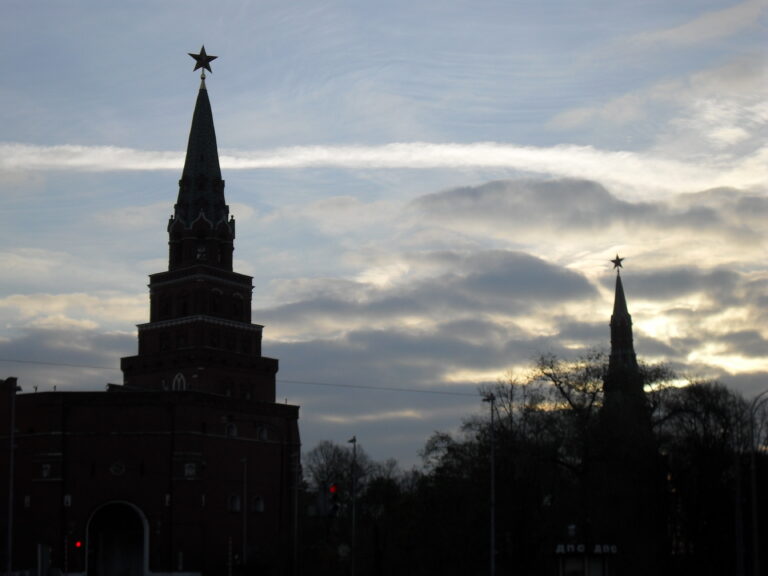Fundraising in Russia


Speaking in Moscow a couple of weeks ago at the NGO School Fundraising Masterclass I was fascinated to see how fundraising has evolved from the last time I was there some 20 years ago. Then there were no non-governmental organisations fundraising (and Yeltsin was still to rise to power), but there were street stalls raising funds for the miners, a concert for young musicians and an auction.
Now hundreds of organisations raise funds often still through events, but also from companies (who avidly use CSR to promote their products, and often run their own charities), philanthropists and foundation grants etc. It seems individual donations are more complex tax-wise and along with membership of organisations much less promoted than in the UK.
CAF survey on giving in Russia
A CAF survey has found that Russians are not inclined to share their money (only 6% of the population makes regular donations), but they are more willing to donate time (20%), or to help a stranger in need (29%).
Partly this is because of the poverty outside the Moscow and St Petersburg zones of affluence, and because people fear individual generosity can attract interest from both the authorities and possibly criminals, but also because people do not trust charities to look after and spend the money properly. They feel that their donations can easily be stolen.
Russian tax system doesn’t promote charitable giving
A further complication is the Russian tax system (on which I confess I’m not an expert) which seems to incorporate the worst of both the US and UK systems, taxing both the donor and the recipient. Despite all these difficulties it is really heartening to see so many Russians devoting their time and energy to improving the life of others, and building very effective and well managed institutions.
This appears as a third wave of NGO development, from the early days of the 1990s where people saw a problem and tried themselves or with a small group to help. To the more organised period as overseas organisations flooded in to set up ex-pat offices, giving free training and funding both projects and embryonic local NGOs, to the current situation where organisations are largely owned and managed by Russian nationals and meet national needs directly.
John Baguley
www.InternationalFundraisingConsultancy.com
Advertisement



